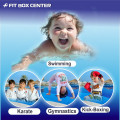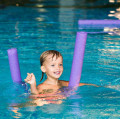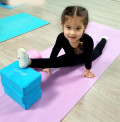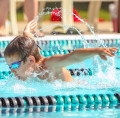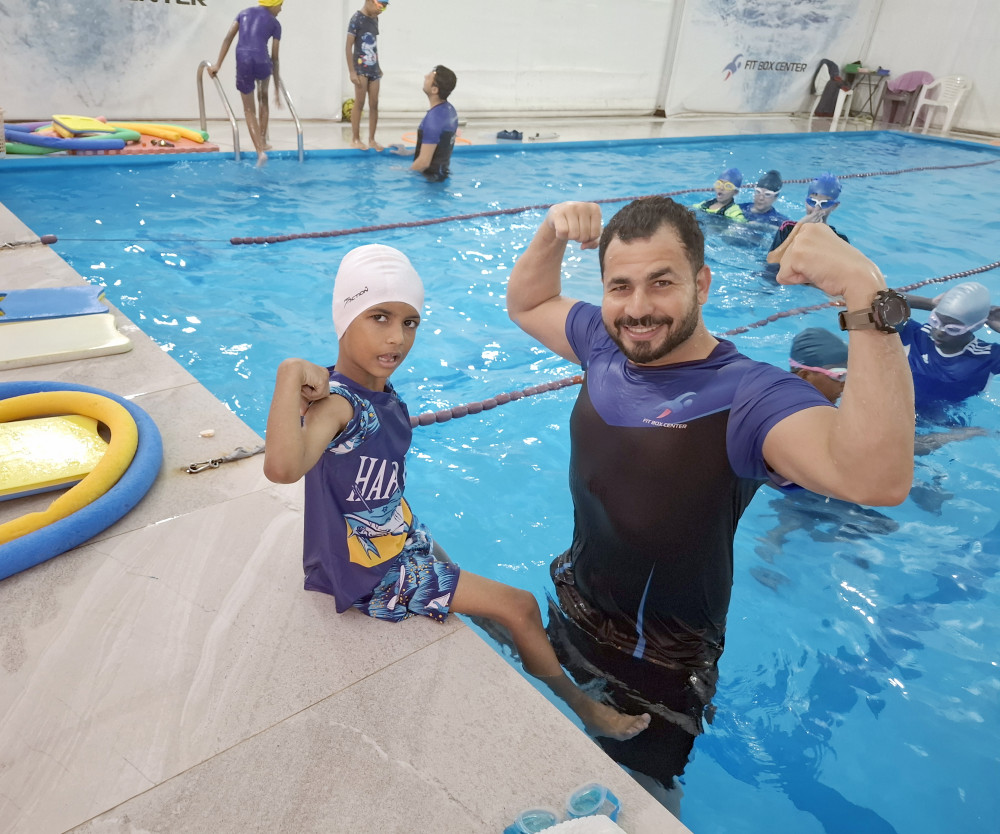
Swimming Skills for Kids with Clear Swimming Pool and Safe
2025-04-27 - swimmingSwimming is more than just a fun activity; it’s a life skill that offers immense benefits for children. Teaching kids to swim in a clear and safe pool environment not only ensures their safety but also boosts their physical and mental development. Here’s a comprehensive guide to get started.
Why Swimming is a Crucial Skill for Kids
Health Benefits of Swimming
Swimming is an incredible full-body workout that strengthens muscles, improves cardiovascular health, and boosts endurance. Plus, it’s easy on joints, making it a perfect activity for kids.
Physical Development
Swimming promotes motor skills, coordination, and flexibility. Kids develop core strength and stamina while splashing around.
Mental Well-being
Swimming helps reduce stress, improve mood, and enhance focus. It’s a fun way to build confidence and resilience.
Importance of Water Safety
Teaching swimming skills equips kids with survival techniques, reducing the risk of accidents around water bodies.
Preparing Kids for Their Swimming Journey
Choosing the Right Pool
A clean and safe swimming environment is essential.
Ensuring Pool Clarity
Make sure the pool water is crystal clear to prevent visibility issues and ensure hygiene.
Safety Features to Look For
Choose pools with slip-resistant surfaces, well-maintained fences, and lifeguards on duty.
Selecting the Right Swim Gear
Goggles and Swim Caps
These protect kids’ eyes and hair, enhancing their comfort in water.
Swimsuits Designed for Kids
Opt for snug, comfortable swimsuits made from quick-drying materials.
Creating a Positive Learning Environment
Celebrate small wins and keep lessons enjoyable to foster a love for swimming.
Essential Swimming Skills for Kids
Floating Techniques
Teach kids to stay buoyant by lying back and relaxing.
Kicking and Arm Movements
Focus on developing effective propulsion techniques.
Breathing Techniques
Help kids learn to hold their breath and exhale underwater.
Step-by-Step Swimming Lessons for Kids
Getting Comfortable in the Water
Start with simple splashing and wading activities to ease water anxiety.
Practicing Basic Strokes
Introduce freestyle and backstroke basics through guided practice.
Gradual Introduction to Deep Water
Encourage kids to explore deeper sections of the pool at their own pace.
Fun Ways to Encourage Learning
Games and Activities in the Pool
Incorporate pool games like "Simon Says" or treasure hunts to make learning engaging.
Rewards for Milestones Achieved
Celebrate achievements with small rewards to motivate continued progress.
Keeping the Pool Clear and Safe
Importance of Regular Maintenance
Cleaning Procedures
Regularly skim the pool surface, vacuum the bottom, and clean filters.
Chemical Balance and Testing
Maintain proper chlorine and pH levels to ensure a safe swimming environment.
Childproofing Your Pool Area
Install secure gates, pool alarms, and non-slip mats for added safety.
The Role of Parents and Guardians
Offering Encouragement and Support
Cheer your child on and be patient as they learn.
Supervising During Swim Sessions
Always keep an eye on kids while they are in or near water.
Common Challenges and How to Overcome Them
Fear of Water
Address fears with gradual exposure and positive reinforcement.
Difficulty in Learning Techniques
Break down complex movements into manageable steps.
Benefits of Professional Swim Lessons
Expertise of Certified Instructors
Qualified trainers ensure kids learn proper techniques and stay safe.
Social Interaction with Peers
Kids develop teamwork and social skills in group lessons.
Conclusion
Teaching kids to swim is a gift that lasts a lifetime. By ensuring a clear and safe pool environment, equipping them with the right skills, and offering encouragement, you’re setting them up for a lifetime of enjoyment and safety in the water..


